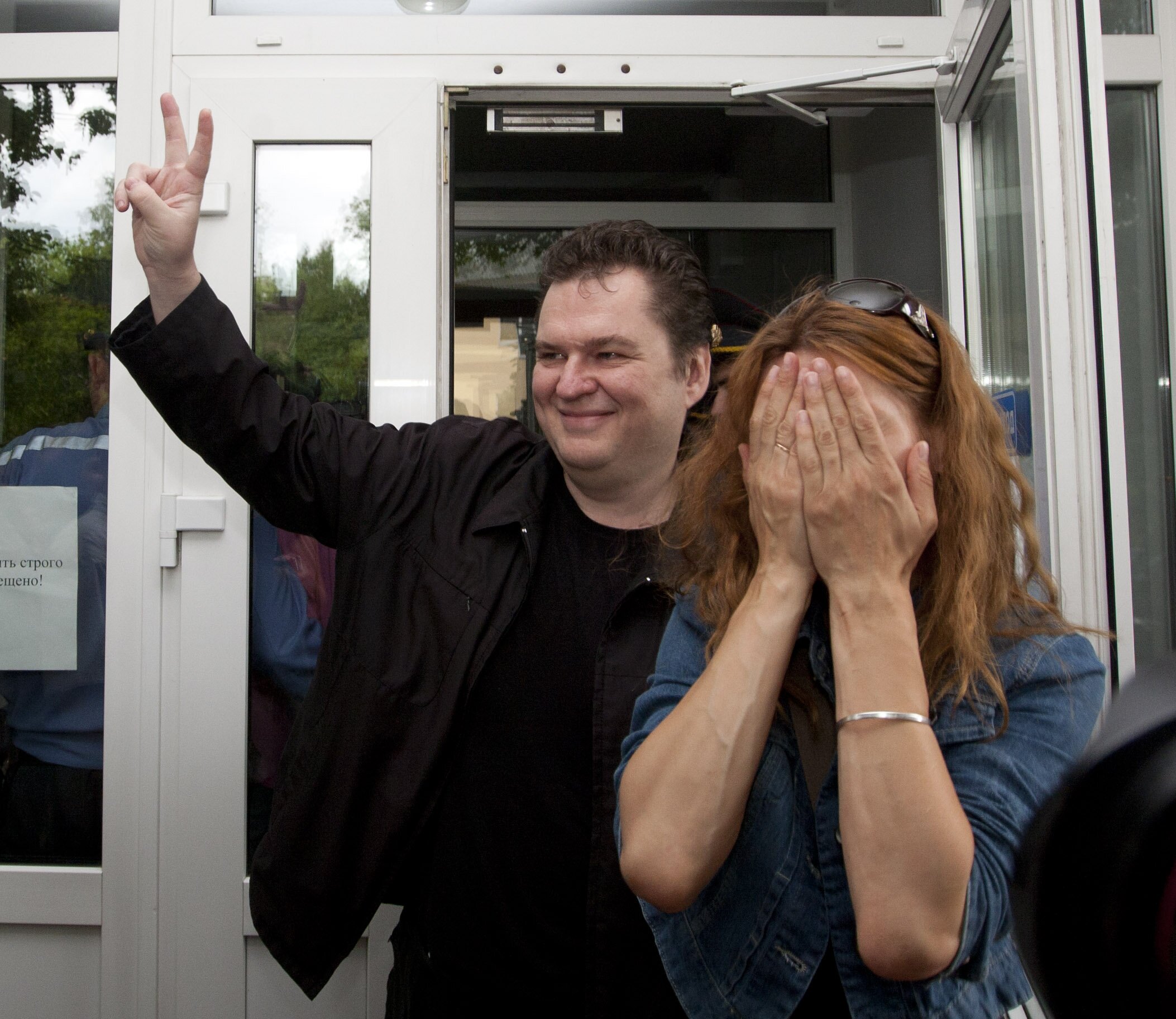
Currently in Belarus, there are 10 political prisoners. Usually foreigners say that it is not much. Indeed, if you compare it with North Korea or Iran, then yes. But Belarus is a European country with European history and European mentality. Therefore, practices that are commonplace in Asia or Africa, here evoke outrage and extraordinary attention from the western neighbors. The European Union urges the release of Belarusian political prisoners and that is what led to the improvement of relations between the West and Belarus. In practice, this means that only the release of political prisoners in Belarus will give the opportunity to take advantage of Western loans and make it more attractive for western investments that are needed by Belarusian economy.
Among those who are now behind bars are various people. The best known are three people: Mikola Statkevich – Lukashenko’s political rival from the time of the last presidential campaign, Ales Bialiatski – well known Belarusian human rights activist and businessman Mikola Autukhovich. The others are youth activists.
When one considers the current state of power, its monolithic, as well as the legal capacity of Belarusian structures and compare it with the state of divided and internally diverse Belarusian opposition, it becomes clear that none of those who today are behind bars, pose any political threat to Lukashenko.
Each of the prisoners can be released, none would be able to destabilize the regime. Today agriculture and the growing crisis is a headache for Lukashenko, and not Belarusian opposition. It would seem that the pros received after the release of political prisoners (loans and investments), far outweigh the disadvantages.
But Lukashenko stubbornly refuses to release political prisoners.
Why?
First of all, Alexander Lukashenko wants to be strong in the eyes of society, and in the eyes of the nomenclature. On this depends his future as leader of Belarus. For him, it is very important that each Belarusian knew that the power of Lukashenko is unshakable, and it is he, not Brussels or Moscow who is the complete and sole ruler of Belarus.
He openly states that the possibility of the release of political prisoners depends on their requests for pardon. These requests are important for Lukashenko, it is the symbol of his moral victory over political prisoners.
Belarusian system is based on fear. The citizens are well aware that any conflict with the law may result in repression. Political prisoners in this way remind every Belarusian that it is better not to mess with the authorities.
Alexander Lukashenko intuitively feels that the release of political prisoners is a demonstration and their moral victory over the government. It gives inspiration and strengthens public confidence in the possibility of change. And if not now, then at least in the future it may become the cause of his defeat. In contrast to Western politicians whose powers are limited by the period of their time in office, Lukashenko thinks in different categories. He does not intend to share power with anyone in the near future. And therefore a moral victory over political prisoners, which is supposed to symbolize futility of opposing the current government, is very crucial to him.
And because of that, at the moment, requests for pardon is condition for the release of political prisoners.
Of course, for the authorities, there are different ways out of this situation while maintaining dignity, or even get some pr-dividend. But for now, the situation in Belarus is not as critical so that Lukashenko was looking for some other option, which would provide for the rejection of moral victory over his political opponents.
Andrzej Poczobut for palitviazni.info




